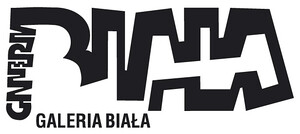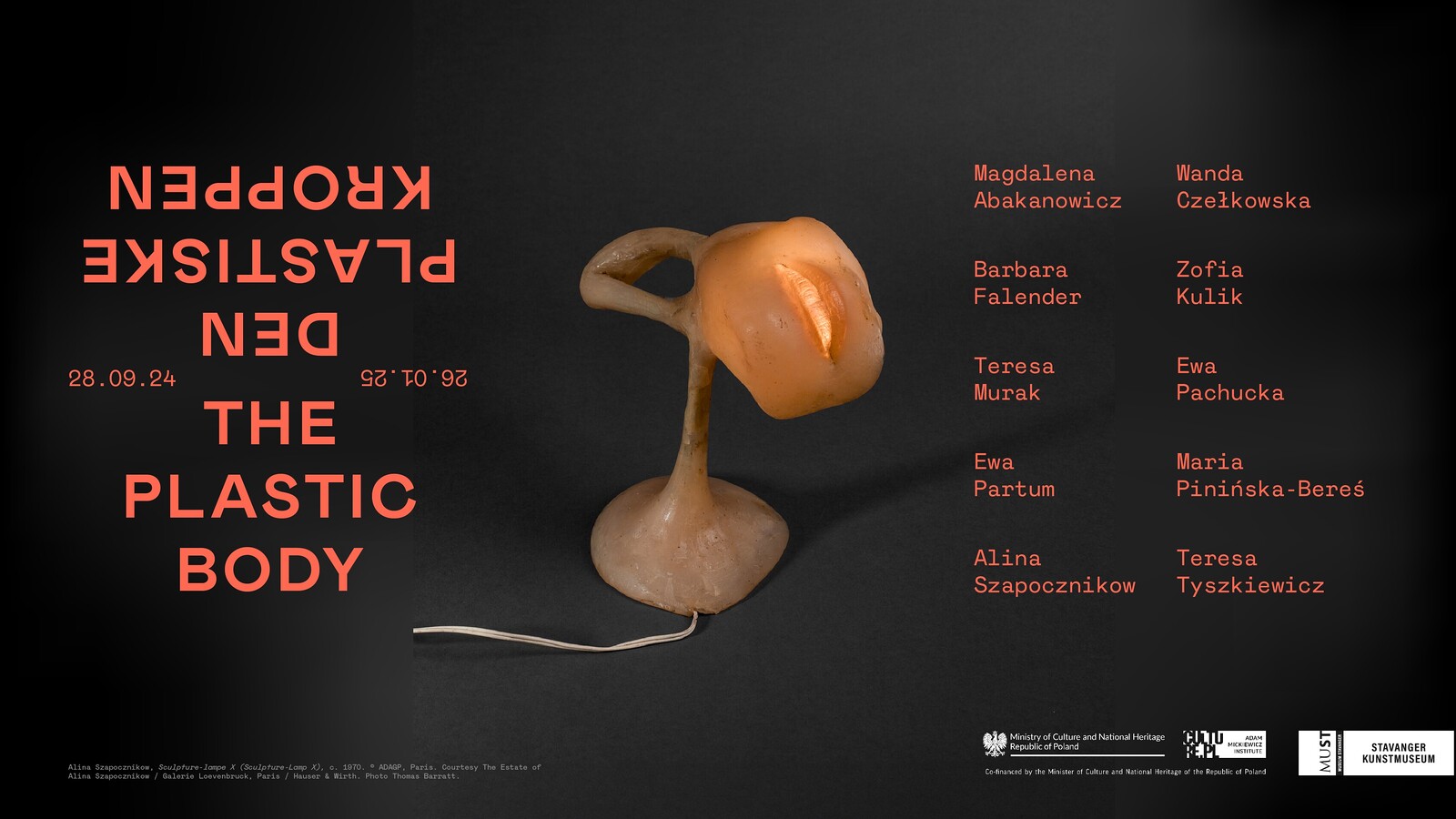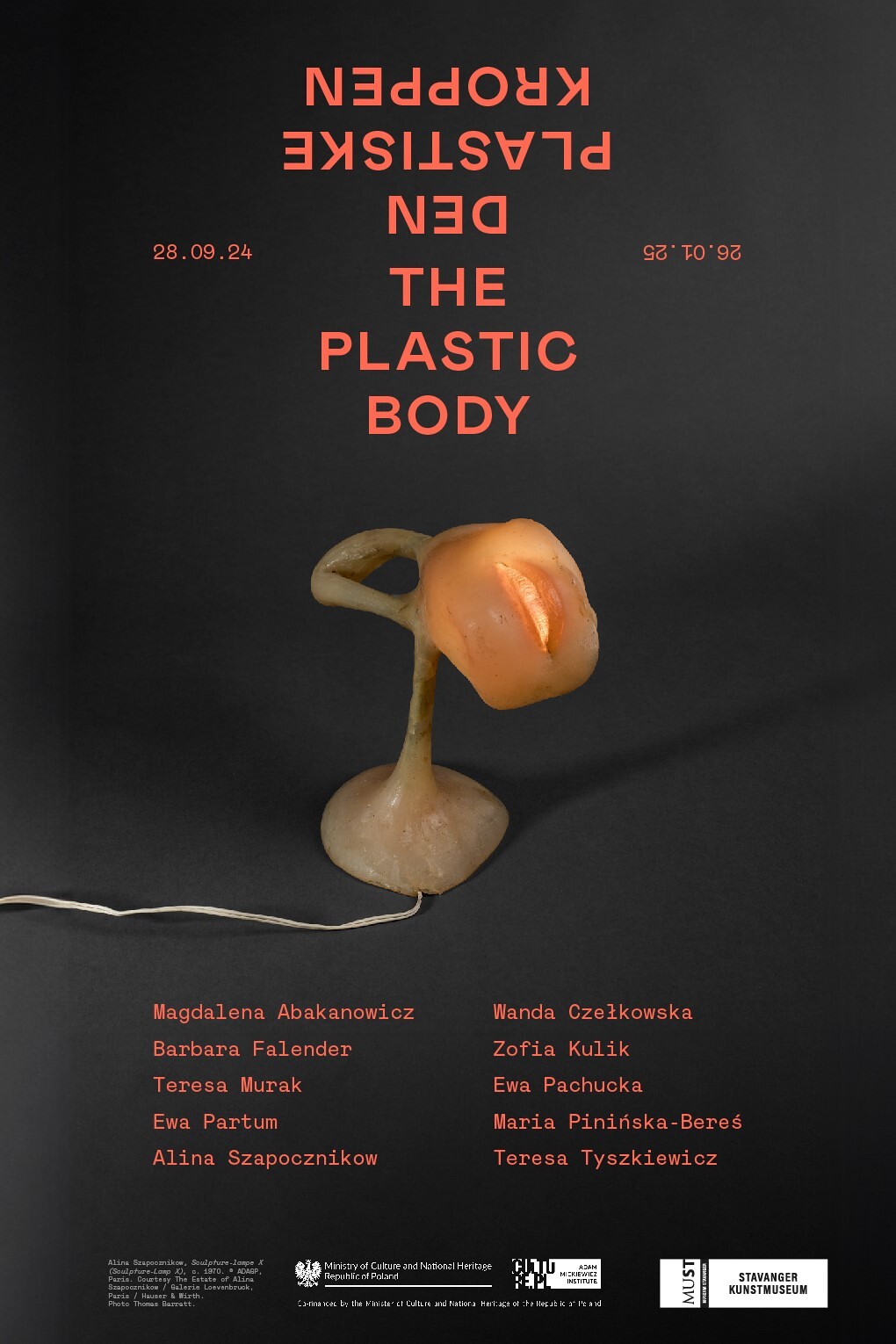Trash Walks
January 28–March 11, 2022
Taking its title from his 2021 video, Trash Walks is Polish-born, New York-based artist Wojciech Gilewicz’ third solo exhibition at the Biała Gallery. The present exhibition, following shows in 2000 and 2007, explores the artist’s long interest in the subject of trash and its circulation. Presented during the COVID-19 pandemic, which forces us to re-evaluate our economic, ecological, and social behaviors, the exhibition is conceived as an open process inviting viewers to interact socially, intellectually, and artistically.
The show covers topics related to ecology, recycling, exchange, and “freecycling” among others. Its common motif is the issue of “trash”—everything that we consider redundant and unnecessary and that we expel from our homes and lives. At a time when all news channels are reporting on the climate crisis, the exhibition considers practical approaches to “civic duty,” individual agency, and limiting consumption, even if such small gestures may seem romantic in the face of a global phenomenon.
In addition to examples of enormous waste (which we witness and often perpetrate ourselves), of resources, as well as all kinds of materials and raw materials, or food—the theme of the video Food Justice (2014), the film Trash Walks (2021) presents alternative social attitudes to waste and trash such as dumpster diving or freeganism, not always motivated by economic concerns, but as a philosophy of life and an ideology of maximal use of resources. All these behaviors reduce consumption and have an impact, even if in a minimal way, on preserving our planet.
The video works: RRRC (2015), Residency Unlimited (2012) and Art Cleaning (2015), filmed in the United States, tackle the theme of cleaning up, and even cleaning up the world, which appears simultaneously as a monotonously meditative, relaxing, and “cleansing” activity. The act of “civic duty” (which was a key concept in Communist-era Poland) acquires, perhaps naively and wishfully, elements of the salvation of the world in the Anthropocene era and ecological crisis, putting into practice the Taiwanese adage: “Instead of wondering whether the catastrophe can still be stopped, pick up a piece of trash from the road and take it with you.”
An important part of the exhibition is a comprehensive and linear collection of over 1,800 photographs found in the trash in the city of Kaohsiung in southern Taiwan dating back to the early 20th century and ending in 2012, most likely the date of the death of the owner of this photo collection. Taken out of their original, historical, and cultural contexts, the photographs constitute a pretext for weaving stories, hypotheses and interpretations of the world presented in them. Part of this unique collection has been professionally restored, adding value to this incredible find, rescued from the trash.
Gilewicz also shows works specially prepared for this exhibition like an installation of postcards from the 1960s depicting the city of Lublin, found by the artist in the trash in Warsaw, which complements the collection of photographs from Taiwan, where Gilewicz has been professionally engaded since 2009, and forms a bridge between the three continents. The randomness of Gilewicz’ finds accords with the exhibition’s narrative of universalism about trash, individual stories, and memory, for which the artist accidentally becomes a guardian.
Finally, the exhibition showcases a series of “reusable” oil paintings on canvas Paintings 2002- covered with up to several dozen layers of paint over the past twenty years by diverse audiences that have participated in this collaborative painting project following guidelines provided by the artist.
In the case of Gilewicz, art is strongly intertwined with life, which the exhibition demonstrates by documenting the artist’s civic engagement. As a resident and citizen, he conducts extensive exchanges of letters, petitions, proposals, and complaints regarding problems related to waste management in the Praga-Południe district in Warsaw where the artist has lived and worked on and off during the pandemic. This correspondence with authorities is accompanied by vast photographic documentation. — Walewska8studio
Media inquiries: Anna Nawrot, biala [at] ck.lublin.pl / T +48 81 466 61 39
Wojciech Gilewicz (b. 1974) is a painter, photographer, installation and performance artist, as well as video-maker whose art provokes reflection on the mechanisms that govern perception and its cultural conditioning.
Gilewicz’ most recent solo shows include Hanoi Hello! in Arsenał Gallery in Białystok (2019) and Akiyoshidai in Labirynt Gallery in Lublin (2019), both in Poland; Art/Market in Pier-2 Art Center in Kaohsiung (2019) and Glass Case, a public project in Kaohsiung (2020), both in Taiwan; Painter’s Painting in Oberwelt e.V. in Stuttgart, Germany (2021) and Paintings 2002- in Le Guern Gallery in Warsaw, Poland (2021).
Since 2017 Wojciech Gilewicz has been co-running Beach64retreat on the New York seaside in Rockaway, Queens, a grassroots independent and free of charge initiative as the artist’s personal response to rising precarity in arts and culture. Over 100 American and international creators from various fields have taken part in it during its four seasons.



